Words That Made The Difference
.jpg)
.jpg)
Words That Made The Difference
Brown v. Board of Education
Robert is former artistic director and a founding member of Virago Theatre Co. He has worked as an actor, puppeteer, writer and Director. Originally from Portland, Oregon, Robert's acting filmography includes Under a Black Cloud, Quiet Murders, Justified Force, King Street, Kings of the Atlantic, and with Ohlone College as . Matamore in Tony Kushner's The Illusion, and Dr. Spivey in One Flew Over the Cuckoo's Nest." Favorite roles include Mercutio in Romeo and Juliet, Porter\Murderer #2 in Macbeth, Angelo in Measure for Measure, Richard in The Lady's Not for Burning, Oberon\Theseus and Bottom in Midsummer Night's Dream, John in Scotland Road, Roger in The Hermit Bird. Robert wrote and directed An Original Christmas Carol to benefit Altarena Playhouse and Frankenstein, the Modern Prometheus for the 2001 San Francisco Fringe. For Virago, Roberts directed Orphans, La Boheme, Madama Butterfly, Crooked and the original productions Dan Brodnitz- Mankind's Last Hope, John Byrd, The Death of Ayn Rand, and Zombie Vixens from Hell - The Musical, and Miles Pawski's The Edge of the World. Robert can be seen as Dogberry in the upcoming production of William Shakespeare's Much Ado About Nothing directed by Gene Kahane for the Alameda Food Bank players on April 23, 24, 30 and May 1 in Alameda.
John is an actor and singer based in New York City, originally hailing from the Oregon Coast. After attending Portland State University on vocal scholarships, Mr. Shortt embarked upon an operatic career that took him all over North America and Europe as a leading dramatic tenor in the most heroic, intensely strenuous and iconic roles of the standard Italian, French and German romantic repertory (most frequently as the lead or title role in Pagliacci, Otello, Carmen, Samson et Dalila, Fidelio, Die Walkure, Aida, Il Trovatore and Turandot). Mr. Shortt has appeared extensively throughout the US with many opera companies, theater and musical organizations (including The Metropolitan Opera Club and Guild, the San Francisco Opera, the New York City Opera Guild, the American Symphony Orchestra at Avery Fisher Hall and The Carnegie Hall 'Artist's in Concert' series). He has added to his growing list of theatrical roles (Death of a Salesman, 12 Angry Men, Mandela) and music theater roles (televised shows include Fiddler on the Roof, Kiss Me Kate, Man of La Mancha, South Pacific, Carousel, The Vagabond King), by recently expanding into the realms of film (PinkCity, The Call, Chad and Stacy: A Modern Day Love-Story, Agents Of Influence, and the soon to be released, The Bell Affair), virtual productions (The SS Robin, Brown VS The BOE) of plays and screenplays, commercials, as well as entering the field of voice-over, contributing portrayals in several of the categories above, in addition to the realms of video game (Transient) and podcast endeavors (Wordtastic and the upcoming March). Future projects include many leading, supporting, antagonist and outright villainous roles, while adding song recordings, voice-over and narration in a wide variety of musical, theatrical and film genres.
The Portrayed
.jpg)
.jpg)
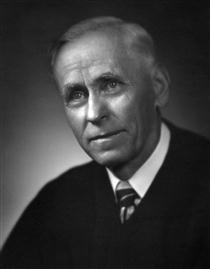
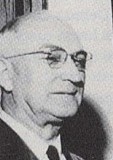
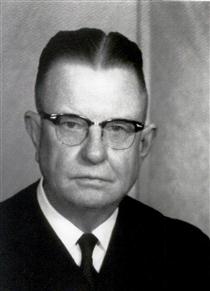
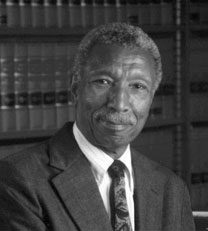
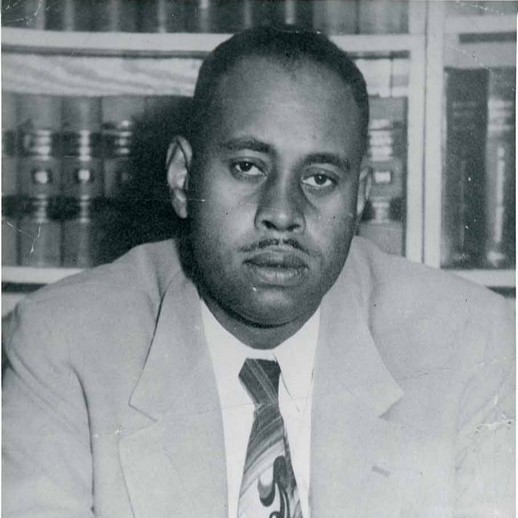
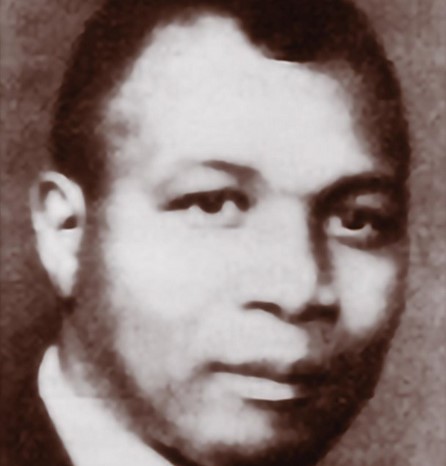
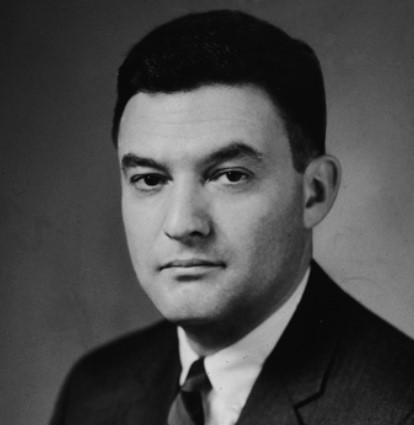
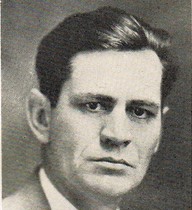
Under Construction
v0-1-5